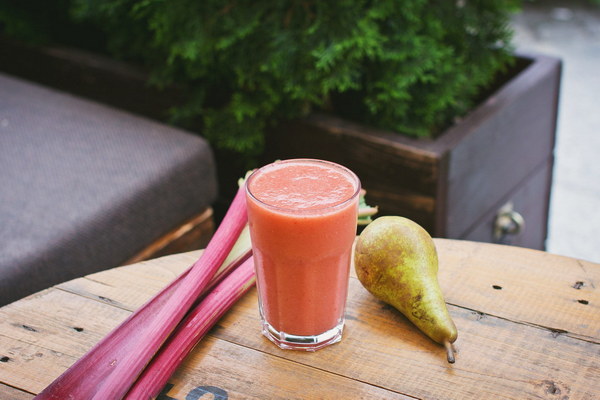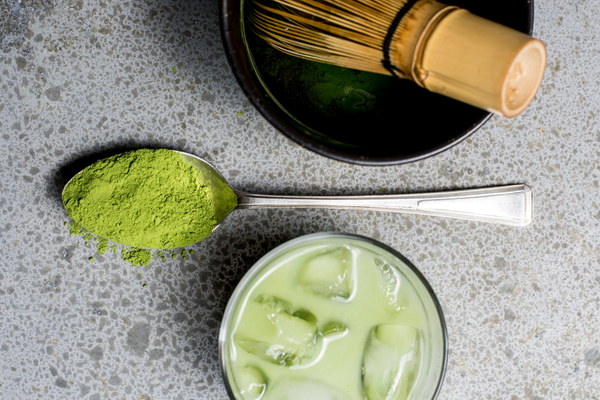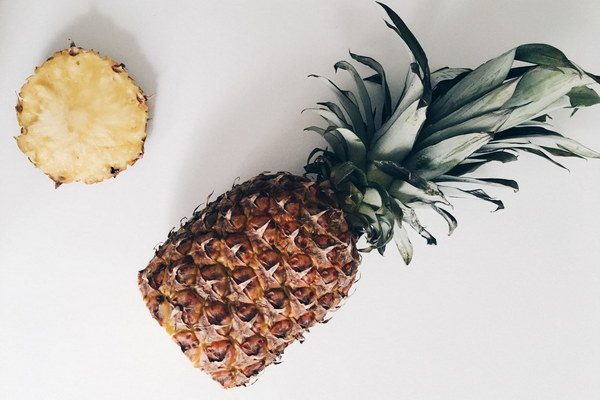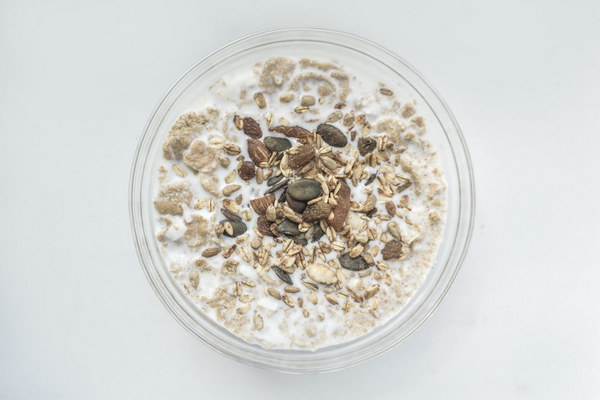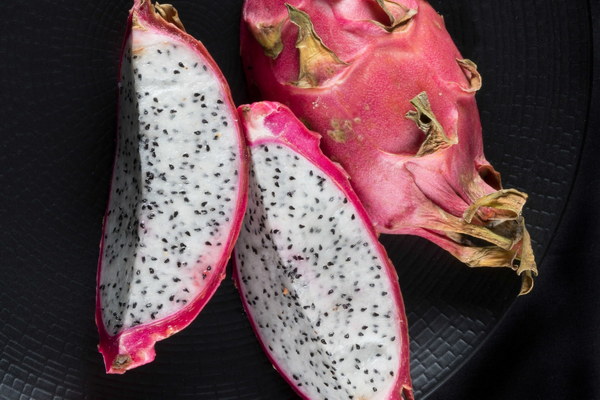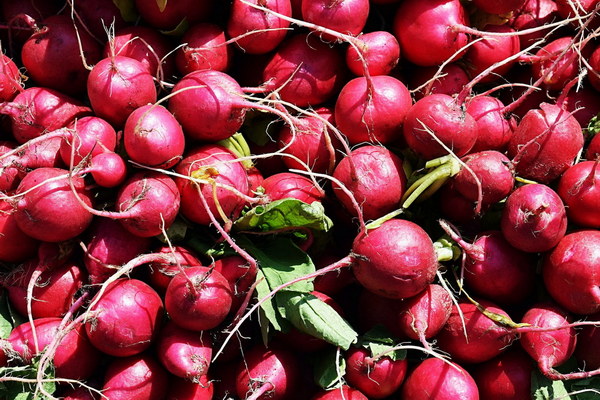Unlock the Power of Herbs Discover the Best Natural Remedies for Dampness Relief
In the realm of traditional medicine, the concept of dampness is a common concern that affects many individuals. Dampness, also known as damp-heat or dampness accumulation, refers to the accumulation of dampness in the body, which can lead to a variety of health issues. This condition can manifest as fatigue, weight gain, bloating, and water retention, among other symptoms. In this article, we will explore the best natural remedies for dampness relief, focusing on herbs and dietary changes that can help alleviate this common problem.
1. Dandelion
Dandelion is a powerful herb that has been used for centuries to support liver and kidney function. The roots and leaves of dandelion contain compounds that can help eliminate excess dampness from the body. To use dandelion for dampness relief, you can brew it as a tea or add the leaves to your salads and smoothies.
2. Licorice Root
Licorice root is another traditional herb that can help alleviate dampness in the body. It is believed to have anti-inflammatory properties that can reduce swelling and bloating. To incorporate licorice root into your routine, you can steep it in hot water to make a soothing tea, or add it to your soups and stews.
3. Rehmannia

Rehmannia is a Chinese herb that is often used in conjunction with other herbs to treat dampness. This herb is known for its ability to nourish the blood and replenish the kidneys, which can help reduce dampness in the body. Rehmannia can be taken as a supplement or used in herbal formulas designed to target dampness.
4. Astragalus
Astragalus is a well-known immune-boosting herb that also has dampness-relieving properties. This herb can help strengthen the body's defense against dampness-related conditions and improve overall health. Astragalus can be consumed as a tea, tincture, or added to soups and stews.
5. Ginger
Ginger is a versatile herb that can be used to alleviate dampness in the body. It has warming properties that can help break down dampness and improve circulation. To incorporate ginger into your diet, add fresh or dried ginger to your tea, smoothies, or meals.
6. Dietary Changes
In addition to herbal remedies, making dietary changes can also help alleviate dampness. Here are some tips:
- Reduce your intake of sugary and processed foods, as they can contribute to dampness accumulation.
- Increase your consumption of fiber-rich foods, such as fruits, vegetables, and whole grains, to help eliminate dampness.
- Avoid cold and damp foods, such as ice cream, cold drinks, and raw vegetables.
- Incorporate warming spices, such as cinnamon, turmeric, and cumin, into your meals to support dampness relief.
7. Exercise
Regular exercise is another effective way to reduce dampness in the body. Physical activity helps improve circulation and promotes the elimination of toxins and excess fluid. Engage in activities such as walking, jogging, yoga, or tai chi to support dampness relief.
In conclusion, dampness is a common concern that can be addressed through a combination of herbal remedies, dietary changes, and regular exercise. By incorporating these natural remedies into your daily routine, you can effectively alleviate dampness and improve your overall health and well-being. Remember to consult with a healthcare professional before starting any new treatment, especially if you have underlying health conditions.
